Explainer: How two Iranian women conducted subversion under garb of journalism
By Press TV Staff Writer
More than a year after deadly Western-backed riots erupted in Iran in the wake of the death of a young Iranian woman while in police custody, two women masquerading as journalists were on Sunday given prison sentences.
Niloufar Hamedi and Elaheh Mohammadi, who were arrested in September 2022, were sentenced to seven years and six years respectively after being found guilty on three serious charges.
Their trials started in May 2023. In the last five months, after holding multiple court sessions and carrying out meticulous investigation, a court in Tehran issued the preliminary verdicts on Sunday.
The verdicts came after the defendants and their respective lawyers presented their cases.
What are the preliminary verdicts?
According to Mizan News Agency, which is affiliated with Iran’s judiciary, an Islamic revolution court in Tehran after examining the cases of the two defendants found them guilty of three charges.
Hamedi was sentenced to seven years in prison for “cooperating with the hostile government of the United States”, which includes five years in prison for conspiracy and collusion to commit crimes against national security as well as one year in jail for propagating against the country.
Mohammadi was sentenced to a total of six years in prison for the same charge of “cooperating with the hostile government of the United States”, which includes hatching plots and colluding to commit crimes against national security and one year term for propagating against the Islamic Republic.
Furthermore, both defendants, with regard to anti-security measures based on paragraphs P, H and Z of Article 23 of the Islamic Penal Law approved in 2013, received a two-year ban on activities in news media, social media or political organizations.
According to the verdict, the days of detention will be deducted and calculated based on Article 27 of the Islamic Penal Code, and issued verdicts can be challenged within 20 days in the Tehran Court of Appeal.
What are their subversive activities?
The two defendants, under the guise of journalists, were engaged in spreading fake news during last year's Western-backed riots in Iran, inciting people to riots and violence, according to the probe.
Hundreds of people, including security personnel, were killed in the months-long riots that were triggered by the death of Mahsa Amini while in police custody.
Her death, according to medical and forensic reports, was due to natural causes. However, Western governments and media stoked the flames of riots in the country through propaganda.
Hamedi, a local media journalist, was one of the first persons who arrived at the Kasra Hospital where Amini was admitted and provoked the relatives of the young woman and distributed fake news.
Mohammadi was also present in Saqqez, the place of Amina's burial in northwestern Kordestan province, inciting the people with false information, directing some scenes, and reflecting on the news and photos of the funeral, burial, and gatherings that took place in that city.
The police investigation established that both were trained for such activities in foreign countries and that both of them played a pivotal role in circulating and sending distorted reports abroad.
Their role was not objective or investigative reporting, but rather knowingly spreading direct and indirect accusations against the country’s security forces and inciting public outrage.
What are their foreign affiliations?
According to the judicial investigation, intelligence checks and information related to the activity of two defendants in cyberspace revealed that Hamedi knowingly cooperated with hostile anti-Iran organizations and media linked to the US and other Western governments.
One such group is United4Iran, a California-based organization founded in 2009 following the riots that engulfed Iran that year with the aim of gathering anti-Iran activists and organizing subversive activities.
United4Iran is closely associated with various US government agencies, including the United States Department of State (DOS), the United States Agency for International Development (USAID), and the Bureau of Democracy, Human Rights, and Labor (DRL), according to available evidence.
The organization's activities are mainly the international popularization of marginal social problems and judicial cases within Iran, with manipulative methods, aimed at causing general distrust in state institutions and creating discord between the people and the government in Iran.
Members of the organization are trained in third countries, such as South Africa and the Czech Republic, and it was proven that Hamedi was trained for media activities in the latter country.
It is noteworthy that all individuals involved in the project must undergo a security check by the US Department of State, and are also required to pass courses on communication security issues.
Both Hamedi and Mohammadi were also members of HarassWatch, a similar foreign-based group whose website is full of rumors and false social cases, and whose members coordinate to spread the wave of anti-Iran disinformation on social media networks.
It was also proven that the two defendants closely cooperated with media outlets of hostile Western governments, such as BBC Persian, Iran International, Iran Wire, etc.
What are the reactions from US?
The reactions of American officials to the judicial verdict against the two women show that the US government is deeply disturbed by the discovery and detention of their assets in Iran.
The office of the US Special Envoy for Iran released a statement on the X platform, formerly Twitter, condemning the sentences against the two women.
"Niloufar and Elaheh should never have been jailed, and we condemn their sentences. The Iranian regime jails journalists because it fears the truth,” read the statement.
The former US special envoy for Iran, Robert Malley, in early June, criticized the prosecution of the two women as a "sham trial" and stated that "journalism is not a crime."
The investigation, however, shows that their activities had nothing to do with journalism and their media activities were merely a cover to conduct subversive activities against the republic.
Previously, Washington Post reporter Jason Rezaian was in 2015 arrested by security agencies in Tehran for spying activities and spreading propaganda against the Islamic Republic.
Western spy agencies have often in recent years used journalists and aid workers to carry out espionage and anti-security activities in Iran, and most of them were identified and prosecuted.
VIDEO | Press TV's news headlines
VIDEO | Pakistan rejects link between Gaza 'Peace Board,' Abraham Accords amid outcry
VIDEO | Displaced families struggle to survive after Heglig attacks in Sudan
Iran’s top security official, Russian president discuss economic cooperation, regional issues
Leader’s advisor warns of ‘deep’ retaliatory strikes into occupied territories
US Department of Justice releases millions of Epstein files, then pulls pages citing ‘rape’ by Trump
VIDEO | EU blacklists anti-terror organization
VIDEO | 44th Fajr Theater Festival underway in Tehran


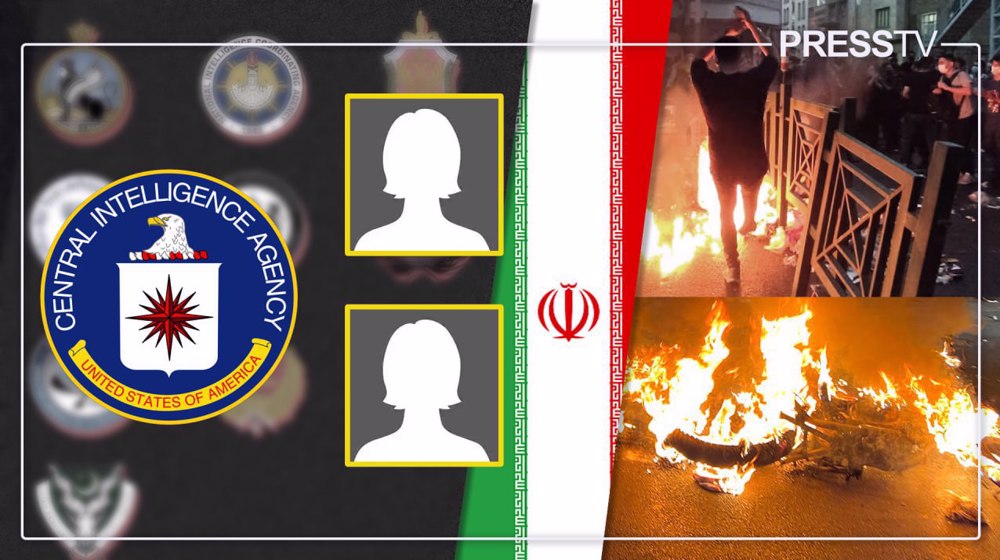
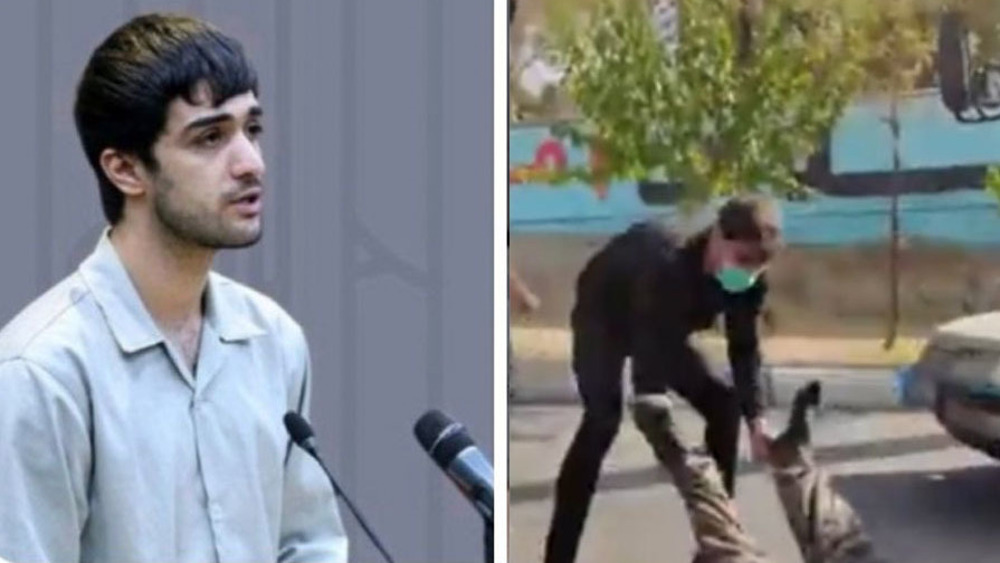
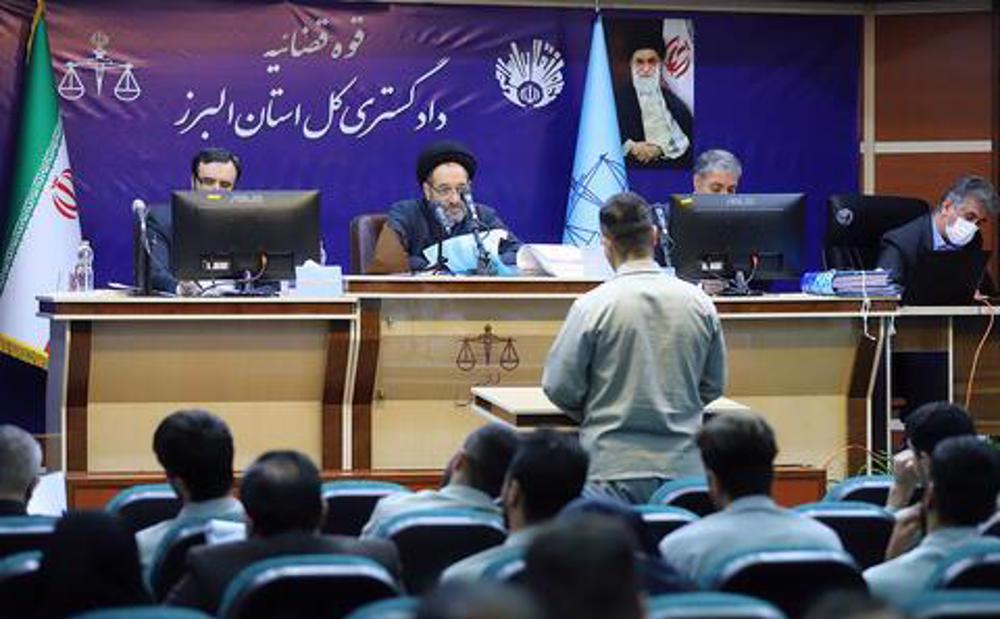

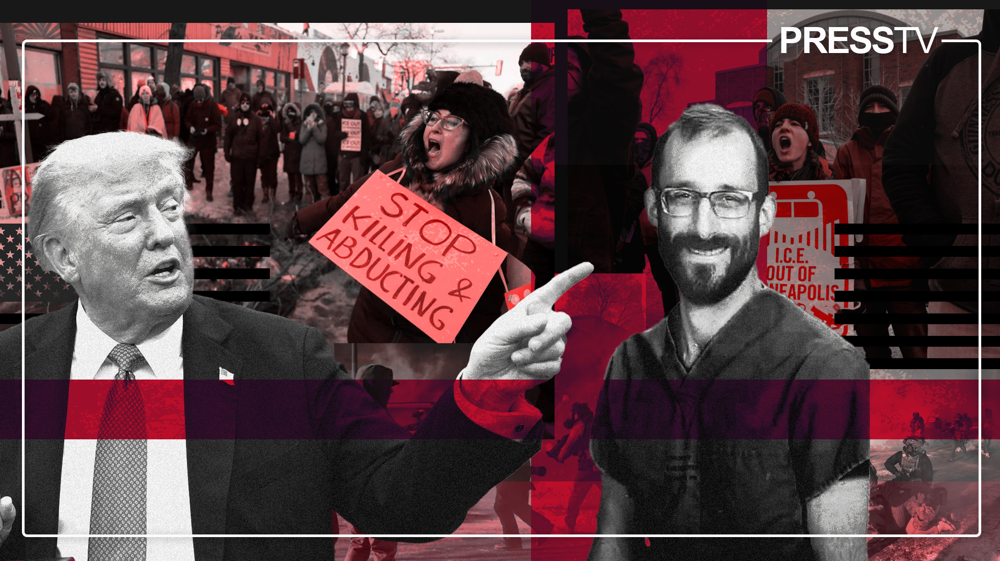
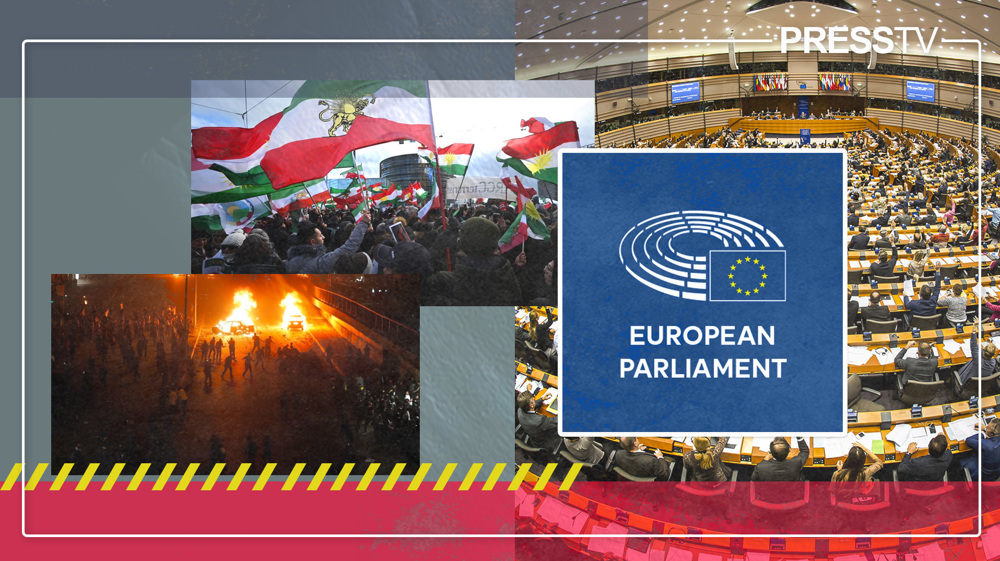



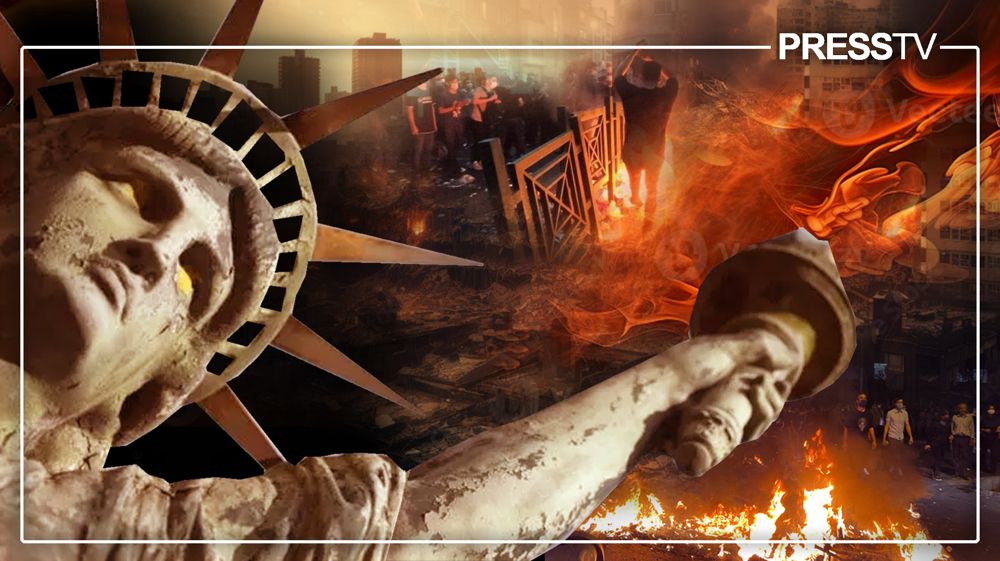
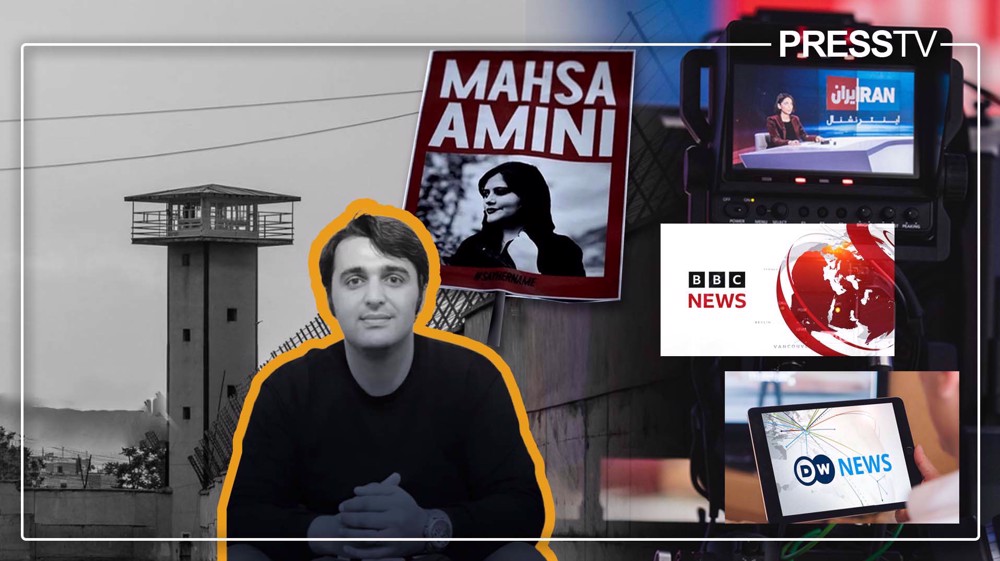
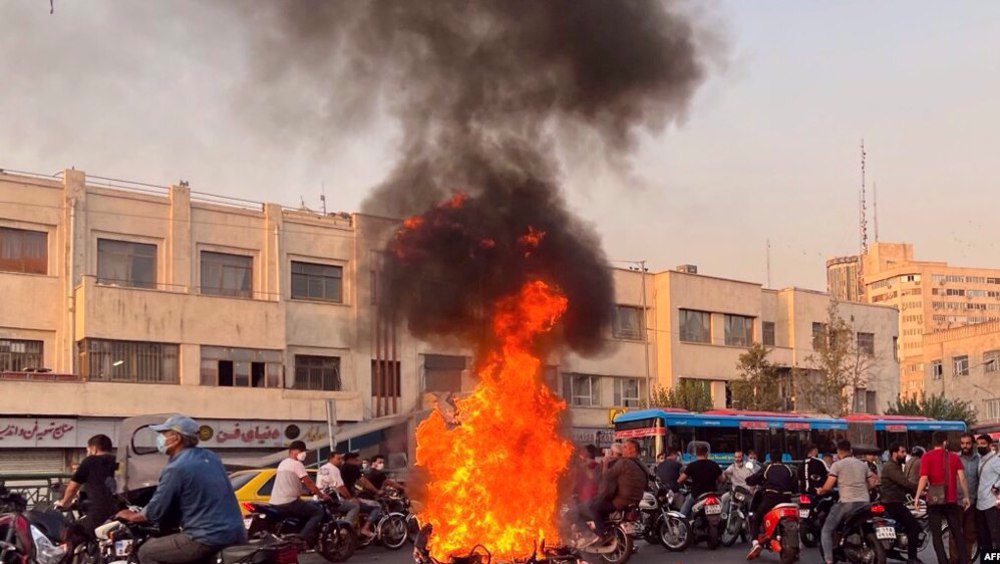
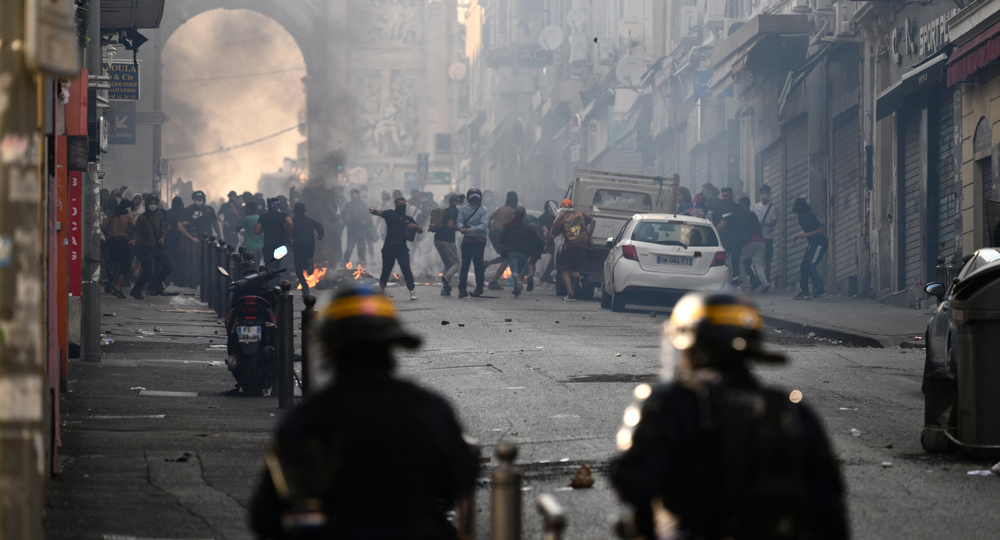
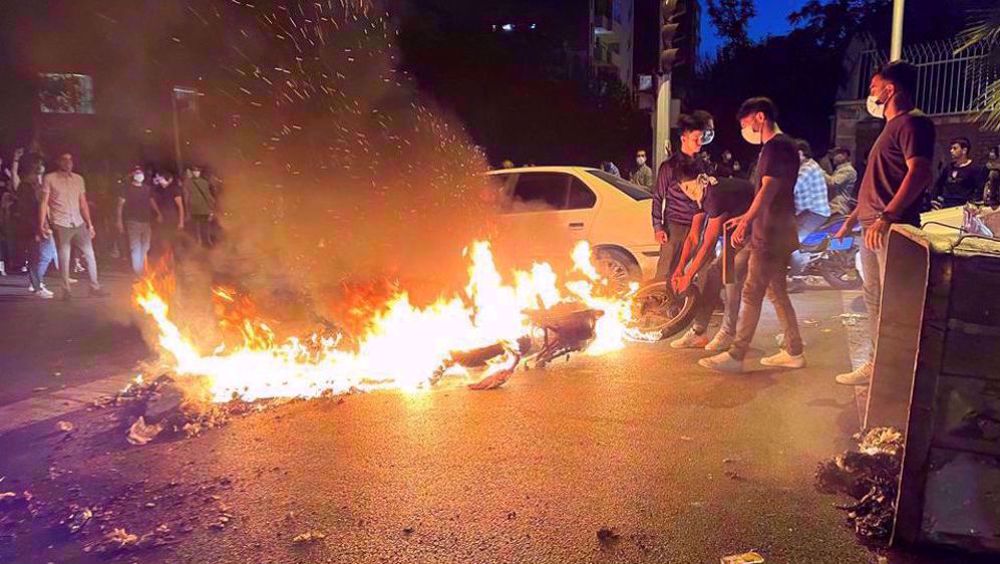

 This makes it easy to access the Press TV website
This makes it easy to access the Press TV website